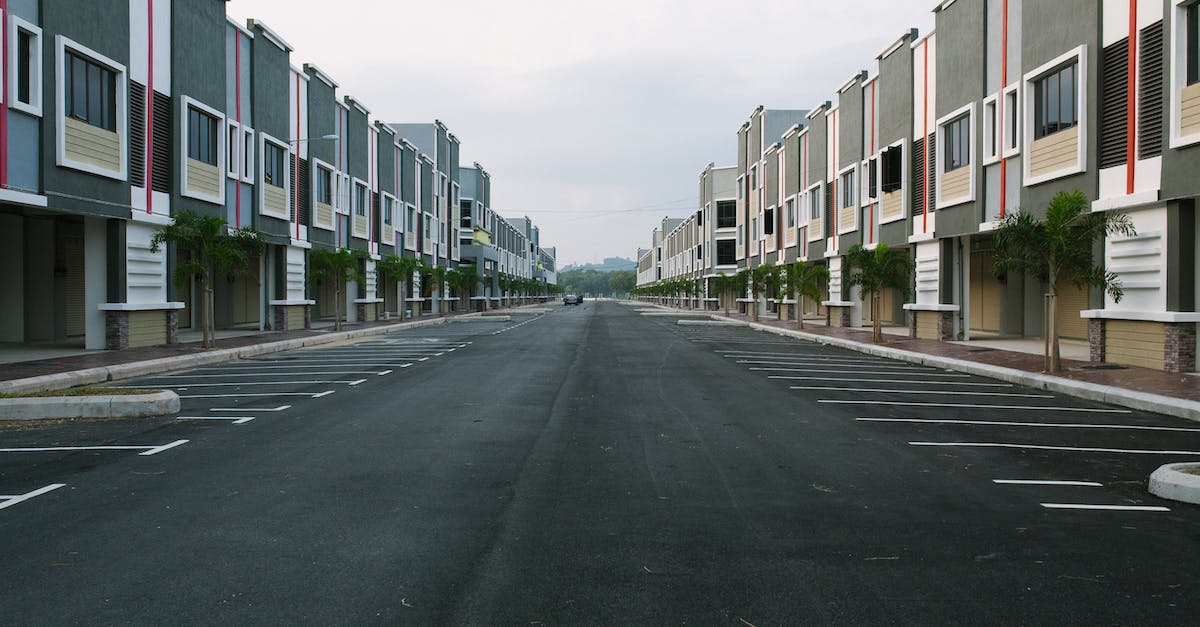A study released this week found that in Canada in 2020, there were up to 1,340,364 vacant homes, comprising 8.7% of all homes in the country.
On the list of countries with the most vacant homes as a percentage of total homes, Canada ranked in eleventh place. Topping the list were Japan, Cyprus, and Hungary, all with over 10% of total homes vacant. The United States has the most total vacant homes in the world, though their relatively larger stock of property puts them at number four. Of the countries studied, England did the best, with less than 1% of homes in the country vacant.
The report was compiled by Money.co.uk using data from the Organisation for Economic Co-operation and Development (OECD).
The figures are confounding when considered against the fact that many analysts cite low supply as one of the major issues in the real estate market today and a reason why so many are struggling to buy homes for reasonable prices. The obvious question is, where are all these vacant homes, and why are they going unused?
While OECD presents its figure, they don’t go as far as to speculate the cause of vacant homes. Some claim vacant homes are the result of investors buying properties and leaving them vacant, purely for speculation or to accrue equity. This has often been blamed on foreign investors more than anyone else. However, it’s unclear how true this belief actually is. With the high rent rates and demand of today’s market, it makes little sense for investors not to use their property. Other issues may cause a house to remain vacant such as the death of a resident, or safety concerns preventing it from being rented.
Even more disturbing are the figures comparing vacant homes to the homeless population of a given country. While Canada ranks lower on this list at 13, it is still not a ranking that we should be proud of at all. It would take just 9% of the over 1.3 million vacant homes in Canada to give every homeless person in the country a place to live.
An earlier report by Point2 Homes found that in 2016 there were still over 1.3 million vacant homes in Canada, so what has been done since then? Recently, cities like Toronto and Vancouver have begun instituting vacant home taxes to combat this very issue. And, the federal government has promised numerous programs to help affordability, supply, and homelessness.
These actions are steps in the right direction, but they clearly have a long way to go.
Corben joined CREW as a relative newcomer to the field of real estate and has since immersed himself and learned from the experts about everything there is to know on the topic. As a writer with CREW, Corben produces informative guides that answer the questions you need to know and reports on real estate and investment news developments across Canada. Corben lives in Guelph, Ontario with his partner and their two cats. Outside of work, he loves to cook, play music, and work on all kinds of creative projects. You can contact Corben at corben@crewmedia.ca or find him on Linkedin at https://www.linkedin.com/in/corbengrant/.









